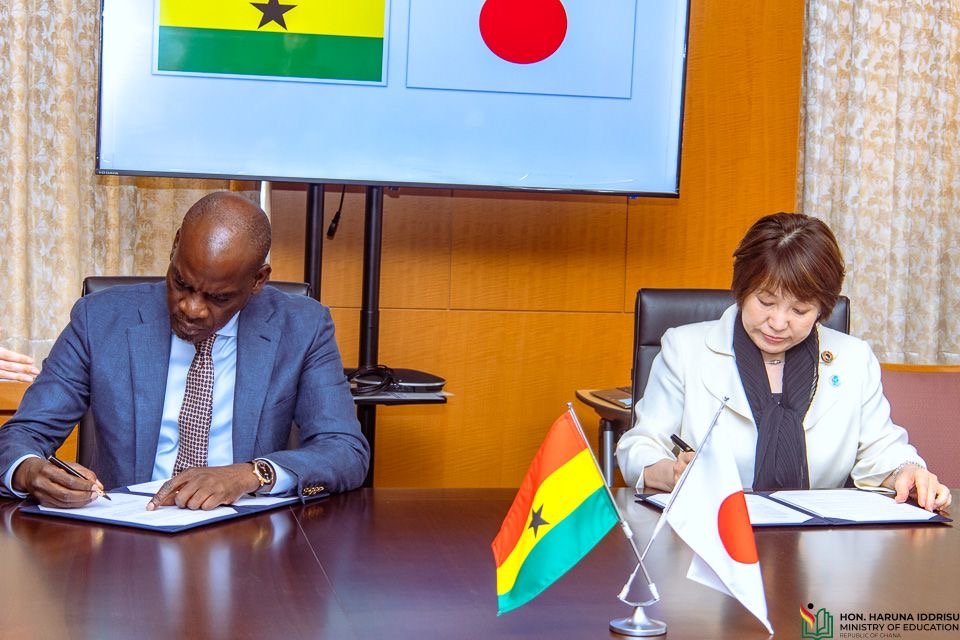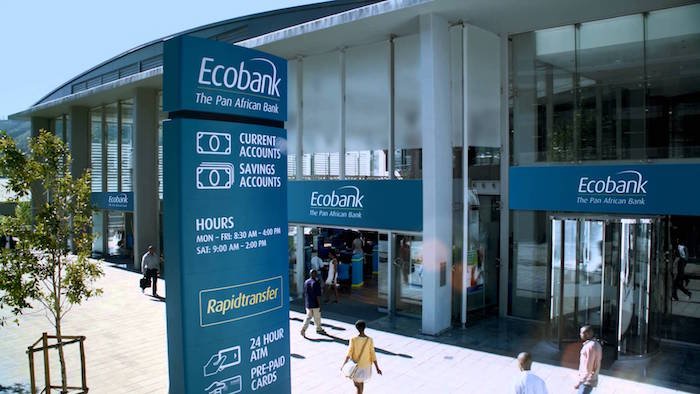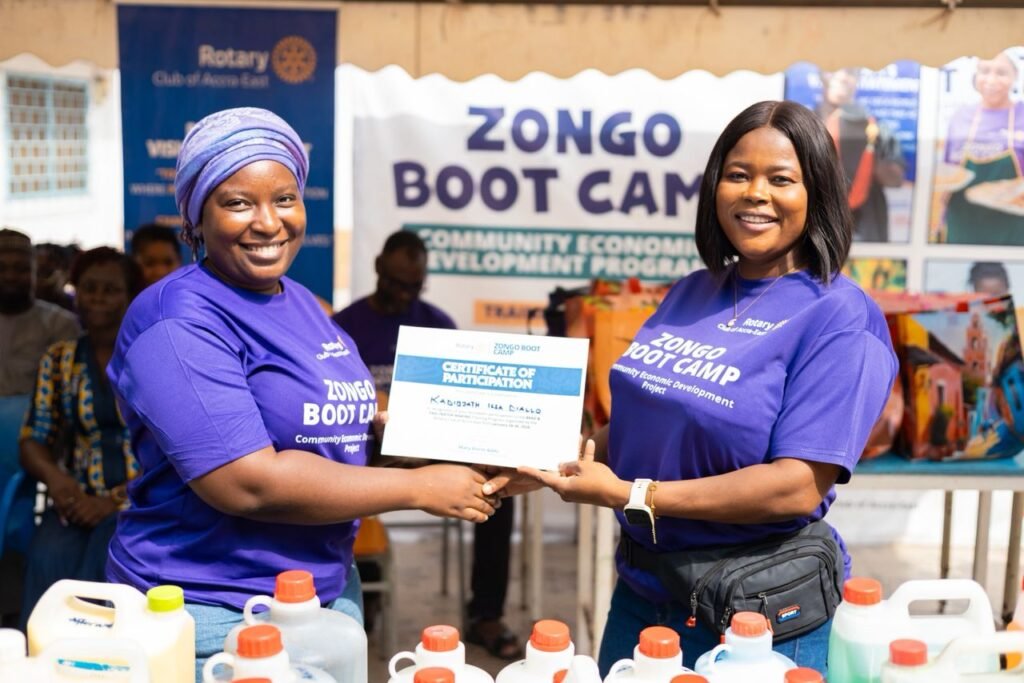Ghana’s Minister for Education, Honourable Haruna Iddrisu, and Japan’s Ministry of Education, Culture, Sports, Science and Technology (MEXT) have officially signed a bilateral cooperation agreement to significantly deepen educational collaboration between the two nations. This landmark agreement aims to advance inclusive and quality education, with a strong emphasis on fostering sustainable development and equipping Ghanaian youth with essential digital skills.
The new partnership outlines several key objectives:
- Building institutional capacity through teacher training and joint curriculum development.
- Supporting green skills development in Technical and Vocational Education and Training (TVET) to prepare youth for emerging sustainable industries.
- Expanding Science, Technology, Engineering, and Mathematics (STEM) and digital innovation initiatives to foster problem-solving and environmental consciousness.
- Promoting student exchange and joint tertiary education research collaboration to deepen understanding of global sustainability challenges.
- Embedding Education for Sustainable Development (ESD) principles in schools and communities to nurture active, responsible, and globally minded citizens.
A notable addition to the agreement is the provision of comprehensive coding courses, designed to develop essential digital skills for Ghanaian students and further promote problem-solving capabilities.
Minister Iddrisu expressed profound gratitude to the Government of Japan and MEXT for their steadfast friendship, technical support, and shared vision. He emphasized that this partnership transcends mere bilateral cooperation, embodying a shared belief that education is the most powerful tool for building peaceful, resilient, and sustainable societies. Ghana draws inspiration from Japan’s emphasis on community-based learning, environmental stewardship, and holistic student development principles, eager to integrate these into its evolving educational reforms.
The Minister further stated that this collaboration is strategic, timely, and transformative as Ghana implements its Education Strategic Plan (ESP 2018-2030) and works towards a knowledge-based economy. He reaffirmed Ghana’s strong commitment to the successful implementation of the collaboration, expressing confidence that the shared vision, mutual learning, and structured cooperation will yield tangible results that benefit both nations and contribute meaningfully to global educational progress.
Japan’s leadership in ESD was prominently highlighted, recognizing its pivotal role as the headquarters of the global ESD initiative and its consistent efforts in integrating sustainability values into education. The UNESCO Education For Sustainable Development (ESD) Centre in Okayama and Japan’s consistent hosting of World Conferences on ESD were cited as testaments to their commitment to fostering knowledge, values, and behaviors essential for a just and sustainable society.
Ghana fully embraces ESD as central to its education transformation agenda, viewing education as a catalyst for achieving the Sustainable Development Goals (SDGs), particularly SDG 4, which aims to “ensure inclusive and equitable quality education and promote lifelong learning opportunities for all.” The partnership with Japan strongly aligns with this critical agenda.
Japan’s ongoing support through initiatives such as the Japan International Cooperation Agency (JICA), the Project for Improving the Quality of Primary Education through Teacher Development, and the Sakura Science Exchange Program continue to significantly transform education in Ghana.




